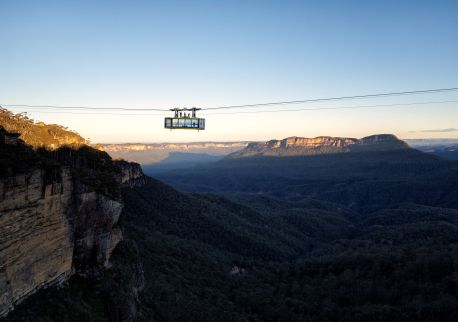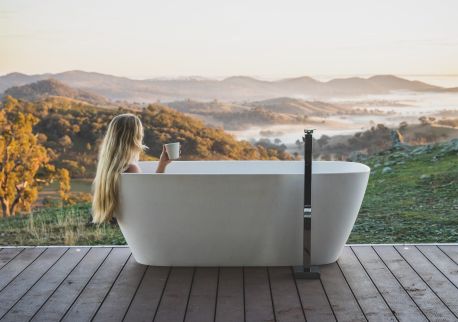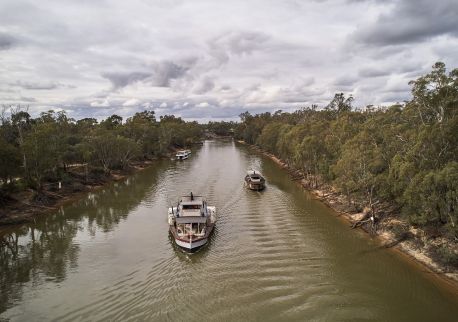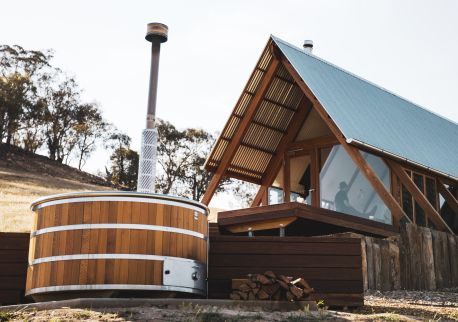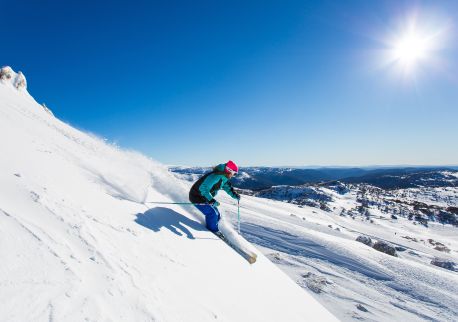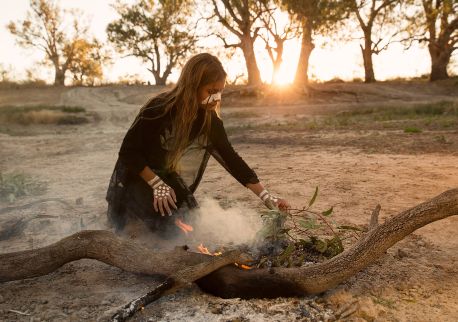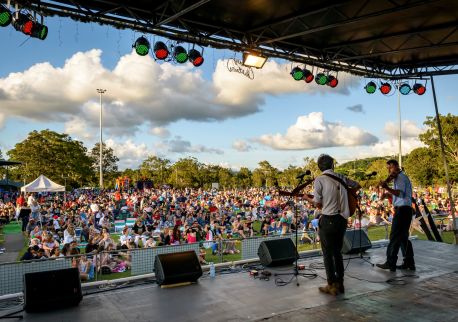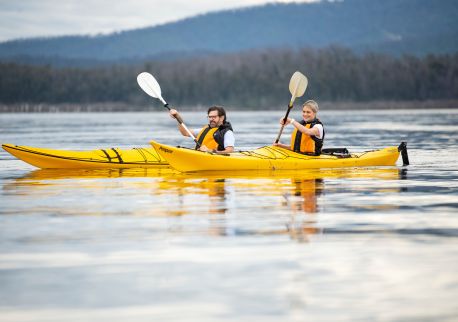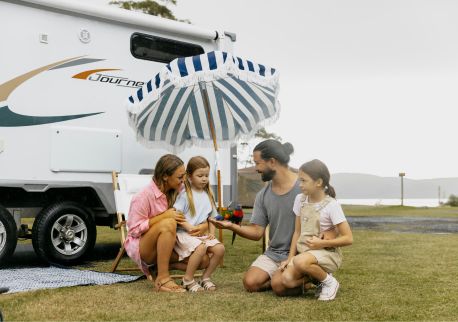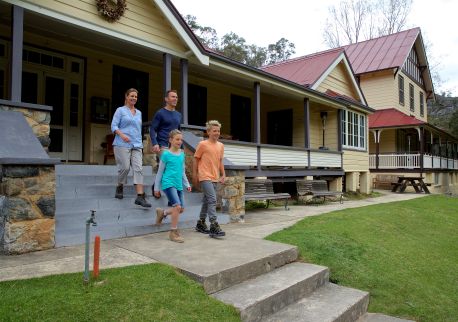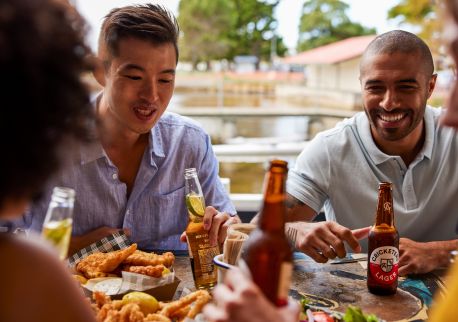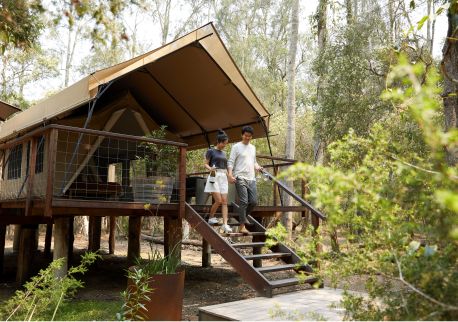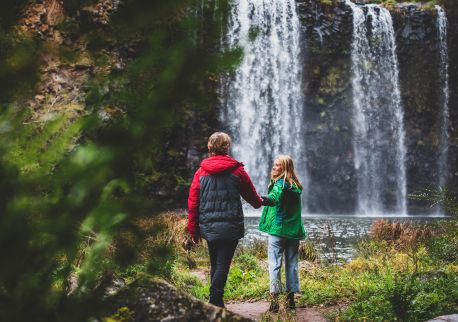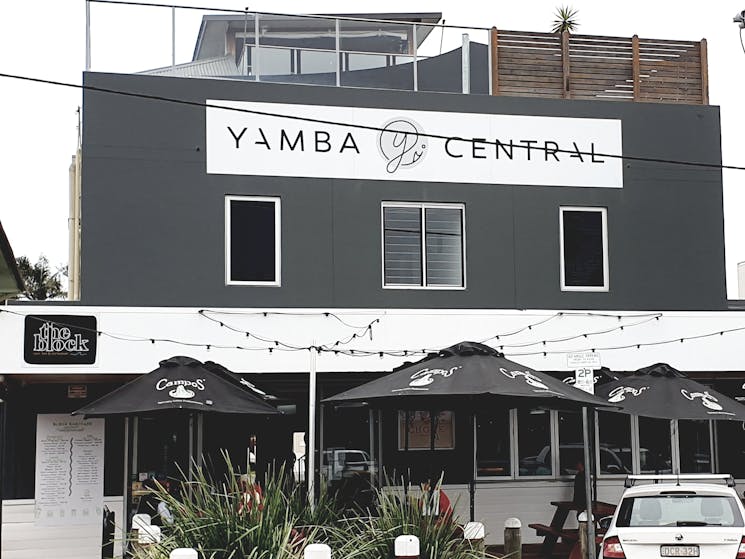Yamba Central
Overview
Yamba Central Motel is a family-run business created in 2008 to bring the backpacking industry to beautiful Yamba in Northern New South Wales.
After many successful years in the tourism and hospitality sector, COVID-19 pushed them to rethink their sustainability in an ever-changing environment.
They decided to evolve or dissolve and establish themselves as a microbrewery, cafe, bar, and domestic accommodation provider.
July 2021 saw the grand re-opening with locally brewed beer and seltzer on tap for the patrons of Yamba to enjoy and bring a new vibe and feel to this relaxed beachside oasis.
Yamba Central has a variety of room types. Most of their rooms are Motel style which has everything that you would expect for that style room.
For the budget-minded guest, they have dorm rooms and Private rooms both to use the communal bathrooms.

